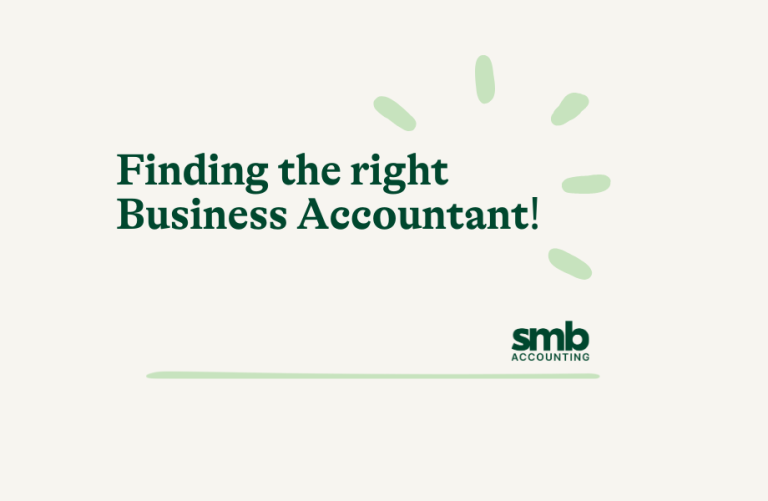Conducting audits for non-profit organisations presents unique challenges that differ substantially from those faced by for-profit entities. Understanding these challenges is crucial for ensuring compliance, transparency, and the overall integrity of the organisation’s financial practices. For non-profits, financial audits are not just about verifying numbers; they are about maintaining trust with donors, beneficiaries, and the community at large.
Non-profits often operate with limited resources, making it essential to optimise their financial management and reporting processes. Accurate financial reporting and adherence to regulatory requirements are key to demonstrating accountability and transparency, which are vital for securing ongoing support and funding. This is why avoiding common financial reporting pitfalls and implementing best practices is critical.
This comprehensive guide aims to provide non-profit organisations with the tools and knowledge needed to prepare for a successful audit. By addressing the unique challenges involved, identifying potential reporting pitfalls, and offering practical checklists and expert tips, we aim to help non-profits navigate the audit process smoothly and maintain the highest standards of financial integrity.
Understanding the Unique Audit Challenges Non-Profit Organisations Face
Non-profit organisations operate under a unique set of circumstances that can present specific challenges when it comes to auditing. One major challenge is adherence to different regulations and standards that vary depending on the type of non-profit and its funding sources. For instance, organisations receiving government grants must comply with specific guidelines that may not apply to other types of non-profits. This complex regulatory environment necessitates meticulous record-keeping and comprehensive financial reporting.
Another challenge is the reliance on a mixed income stream, including donations, grants, and fundraising activities. The diverse nature of these income sources requires careful segmentation in financial statements. Misallocation or improper categorisation can lead to inaccuracies in financial reporting, making audits more difficult. Additionally, non-profits often depend on volunteers for various roles, including financial management, which can sometimes lead to inconsistencies due to varying levels of expertise.
Common Financial Reporting Pitfalls and How to Avoid Them
Effective financial reporting is crucial for maintaining transparency and accountability in non-profit organisations. However, several common pitfalls can undermine the accuracy and reliability of financial reports. One frequent issue is the incorrect classification of funds. Non-profits must segregate restricted and unrestricted funds accurately. Failing to do so can result in misleading financial statements and difficulties during audits. To avoid this, it’s vital to establish clear guidelines for fund categorisation and ensure all staff members handling finances are well-trained in these practices.
Another common pitfall is inadequate documentation of expenses and revenue. Non-profits often rely on a variety of fundraising events, grants, and donations, each requiring thorough documentation. Without proper records, it can be challenging to track the specific source of funds and justify expenditures. Implementing stringent documentation processes and regularly reviewing financial records can help mitigate this risk. Additionally, utilising robust accounting software tailored for non-profits can streamline the financial reporting process, making it easier to maintain accurate and comprehensive records.
To wrap things up, small business accounting and auditing form the backbone of financial transparency and compliance in today’s business world. Whether you’re navigating the intricacies of trust account audits or striving to avoid common pitfalls in non-profit financial reporting, being well-prepared is essential. Growth and financial health start with meticulous accounting and auditing practices. For personalised advice and comprehensive support, get in touch with us today.
Checklist for Ensuring Compliance and Transparency in Non-Profit Audits
Ensuring compliance and transparency in audits is crucial for non-profit organisations. A structured checklist can help us stay organised and cover all necessary areas. Here’s a checklist to guide us through the process:
Review Financial Statements and Records
- Verify that all financial statements are accurate and complete.
- Ensure that ledgers and journals are up-to-date and reconciled.
Examine Internal Controls
- Assess the effectiveness of internal controls.
- Implement improvements where weaknesses are found.
Evaluate Compliance with Regulations
- Confirm adherence to all legal and regulatory requirements.
- Review any changes in regulations and ensure alignment.
Assess Financial Reporting Practices
- Ensure financial reports are clear, comprehensive, and consistent.
- Verify that financial disclosures meet transparency standards.
Conduct Staff Interviews and Training
- Interview staff to understand their roles and responsibilities.
- Provide training to fill any knowledge gaps identified.
Prepare Documentation for Auditors
- Organise all necessary documents for easy access.
- Ensure that all supporting documents are complete and accurate.
By following this checklist, we can streamline the audit process and ensure that our organisation remains compliant and transparent.
Expert Tips for Smooth and Successful Non-Profit Audits
Navigating the complexities of non-profit audits can be challenging. Here are some expert tips to help ensure a smooth and successful audit process:
- Early Preparation: Begin audit preparations well in advance. Gathering documents and reviewing policies early can prevent last-minute rushes.
- Involve All Departments: Involve representatives from all departments. A collaborative approach ensures comprehensive coverage of all aspects of the organisation.
- Clear Communication: Maintain clear and open communication with the audit team. Provide them with all necessary information and respond promptly to any queries.
- Utilise Technology: Leverage accounting software and digital tools to streamline the audit process. These tools can help automate data collection and reporting.
- Conduct Pre-Audit Reviews: Conduct internal reviews before the official audit. Identify and rectify any potential issues to avoid findings during the actual audit.
- Regular Training: Provide regular training to staff on compliance and best practices. Keeping everyone informed reduces the risk of non-compliance.
- Seek Professional Advice: Engage professional auditors or consultants if necessary. Their expertise can provide valuable insights and ensure that the audit process is thorough and efficient.
Following these expert tips can help us navigate the audit process more effectively, ensuring a successful outcome for our non-profit organisation.
Conclusion
Conducting thorough and effective audits is paramount for non-profit organisations, helping to maintain financial health, compliance, and stakeholder trust. Special needs audits, in particular, ensure that we are meeting our responsibilities and providing the best possible services. By understanding the audit process, avoiding common pitfalls, and following expert advice, we can streamline our audits and implement practices that enhance our operations.
Remember, preparation is key. By staying organised, involving all relevant parties, and maintaining transparency, we can ensure our compliance and demonstrate our commitment to excellence. Consistent and proactive auditing practices not only protect our organisation but also enable us to make informed decisions for continuous improvement.
For assistance with your non-profit audits or to learn more about how accounting service in Sunshine Coast can support your organisation’s financial health, contact SMB Accounting today. Let us help you safeguard your operations and achieve your goals.




